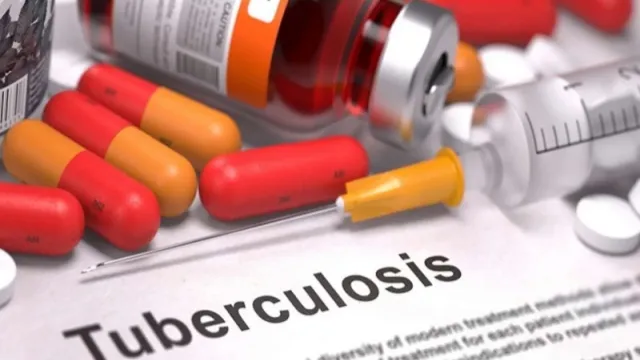Turning the tide: WHO approves new TB drug for children

Turning the tide: WHO approves new TB drug for children
The World Health Organisation (WHO) has given children and adolescents access to new and simple ways of treating multidrug-resistant tuberculosis.
WHO's consolidated guidelines recommend a four-month regimen for children and adolescents below 16 years with non-severe drugs-susceptible TB.
"Child-friendly formulations of bedaquiline and delamanid are now available. We need to ensure that children and adolescents of all ages can benefit from these new drugs and innovative regimens," said Dr. Tereza Kasaeva, director of WHO'S Global Tuberculosis Programme.
The international agency's operational handbook provides dosing guidance for bedaquiline and delamanid for children weighing down to three kilograms and instructions on the preparation of the formulations of both medicines. This will be used in treating multidrug-resistant tuberculosis (MDR-TB)/rifampicin- resistant TB(RR-TB), which is a type of tuberculosis whose bacteria cannot be treated using the two main drugs-isoniazid and rifampicin.
All oral regimen
Bedaquiline is a component of the nine-month all-oral regimen and is the treatment of choice for eligible children and young adolescents aged under 14 years with MDR/RR-TB, rather than longer (18-month) regimens. It is part of a shorter regimen.
However, delamind is always used as part of longer individualised regimens for people who have multidrug-resistant tuberculosis or rifampicin-resistant tuberculosis, including children and adolescents, who cannot use the nine-month all-oral regimen.
" The information notes provide clear and simple instructions for clinicians and caregivers on the use of these dispersible child-friendly formulations, but also on the use of adult tablets when they are not available," she added.
Read also: Deal slashes cost of TB treatment by half



